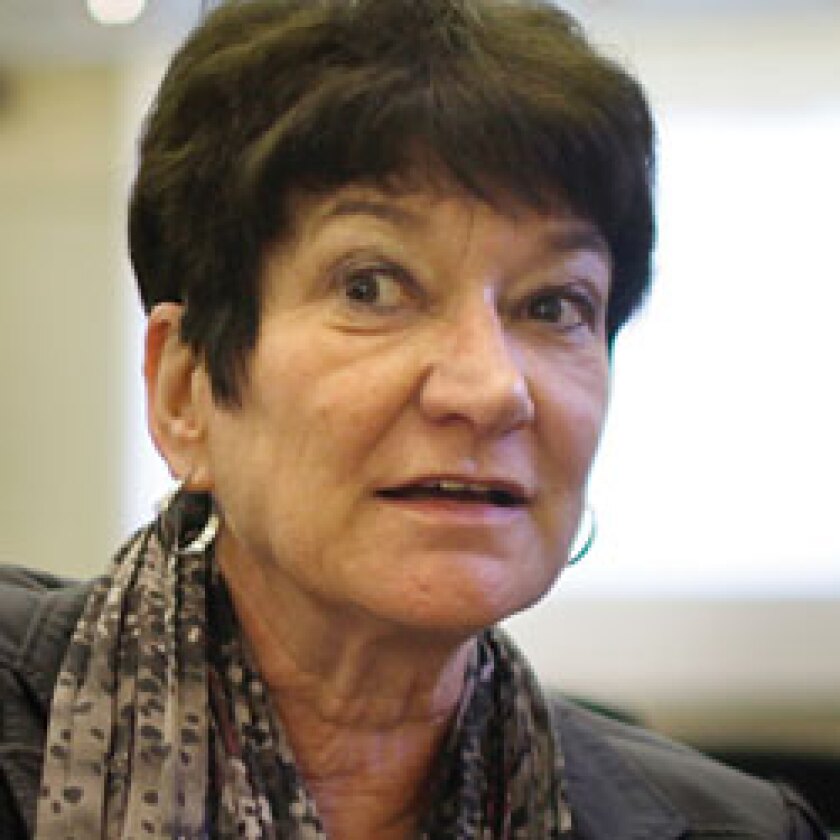More than €2 billion worth of deals are at stake as the European Bank for Reconstruction and Development comes to terms with the “steep learning curve” necessary to deepen its operations in the Middle East and North Africa.
Four countries from the Southern and Eastern Mediterranean – Egypt, Jordan, Tunisia and Morocco – were granted the status of potential recipient countries in 2012.
Data seen by Emerging Markets show a pipeline of more than €2 billion of potential deals spread across the region, almost half of which is in Egypt. The data show €290 million worth of deals under discussion in the Egyptian financial industry alone, and more than €220 million in the country’s information technology sector.
However, sources at the EBRD say that there is considerable doubt over whether all four could get the jump to country of operation status in the near term, with the politics of the two that underwent the most dramatic upheaval – Egypt and Tunisia – still too unpredictable to benefit fully from the bank’s programmes.
The EBRD has already committed €1 billion to a special fund to invest in the four countries, and has backed €250 million worth of initiatives in the region, including sizeable power infrastructure projects in Morocco and Jordan. It hopes to be able to invest up to €2.5 billion per year, should the countries become full members.
“We are on a steep learning curve,” Hildegard Gacek, the EBRD’s managing director for what it has dubbed the “SEMED”, told Emerging Markets in an interview.
“I think looking into every country individually, there are different levels of risk, but there are also different levels of support that are needed,” she said, noting that the bank went into Bosnia “when people had barely stopped shooting.”
Morocco and Jordan, although they have not been isolated from the economic concerns across the region, have maintained a degree of political stability and, crucially, security, that has as yet eluded Egypt and Tunisia.
Egypt’s transition has remained ugly, with violent street protests a continuing feature of the political scene. The ability of the government to maintain security has been repeatedly questioned, with vigilante justice a recurring problem.
On 8 May, the UN High Commissioner for Human Rights, Navi Pillay, warned that a draft law on the regulation of civil society currently being written in Egypt could make the climate for freedom of speech worse than under the Mubarak government.
In his address to the opening ceremony of the EBRD’s annual meeting, Hisham Kandil, Egypt’s prime minister, said that his government was working on creating the democratic institutions, but that the actual practice and culture of democracy would take time to establish.
Tunisia is also struggling through its post-revolutionary phase. Although it has managed to convince the IMF of its commitment to subsidy reform – unlike Egypt – it has experienced political violence, not least the assassination of opposition leader Chokri Belaid in February.
While there is some pressure on the EBRD to move quickly, given the state of flux in the region and the international interest, Gacek insists that the processes will be followed.
There are countries that the bank has all but stopped investing in – Uzbekistan, Turkmenistan and Belarus – due to “question marks” over their progress.
“I think there should be the same standards,” Gacek says. “We cannot suddenly have different standards. You can be very sure that the old countries of operations will be watching very carefully that we are applying the same standards throughout.”
- Follow us on twitter @emrgingmarkets
